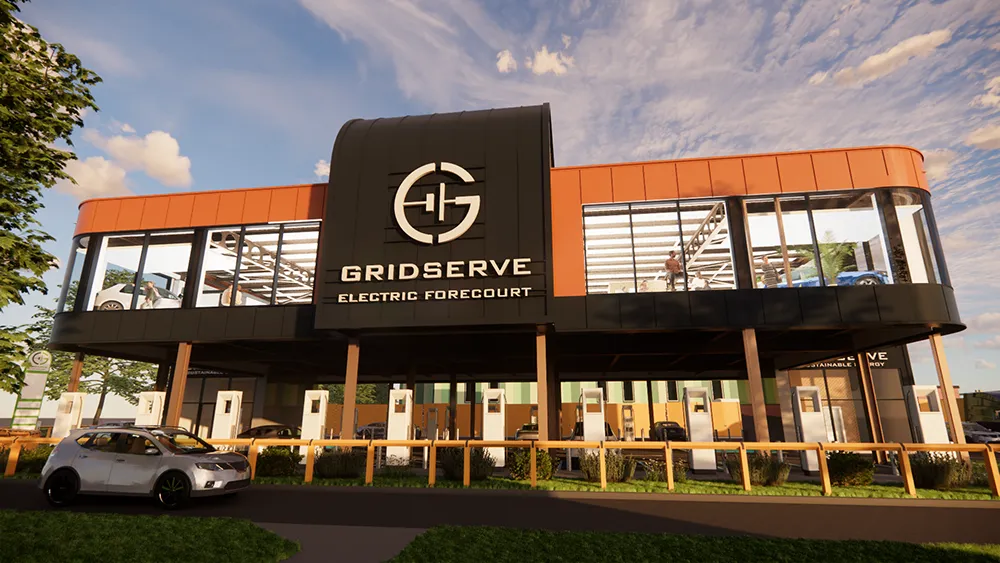Moxa’s AWK-RCC series Wi-Fi devices are designed for onboard Internet access on rail networks and are said to provide fast and secure hotspots for passengers on trains.
January 13, 2016
Read time: 1 min

The AWK-RCC series has inbuilt M12 connectors while QMA ports provide continuous Internet access under the constant vibration and shock common in onboard environments and provide sufficient bandwidth and secure access for passengers and fleet operations including maintenance, crew information and passenger assistance.








